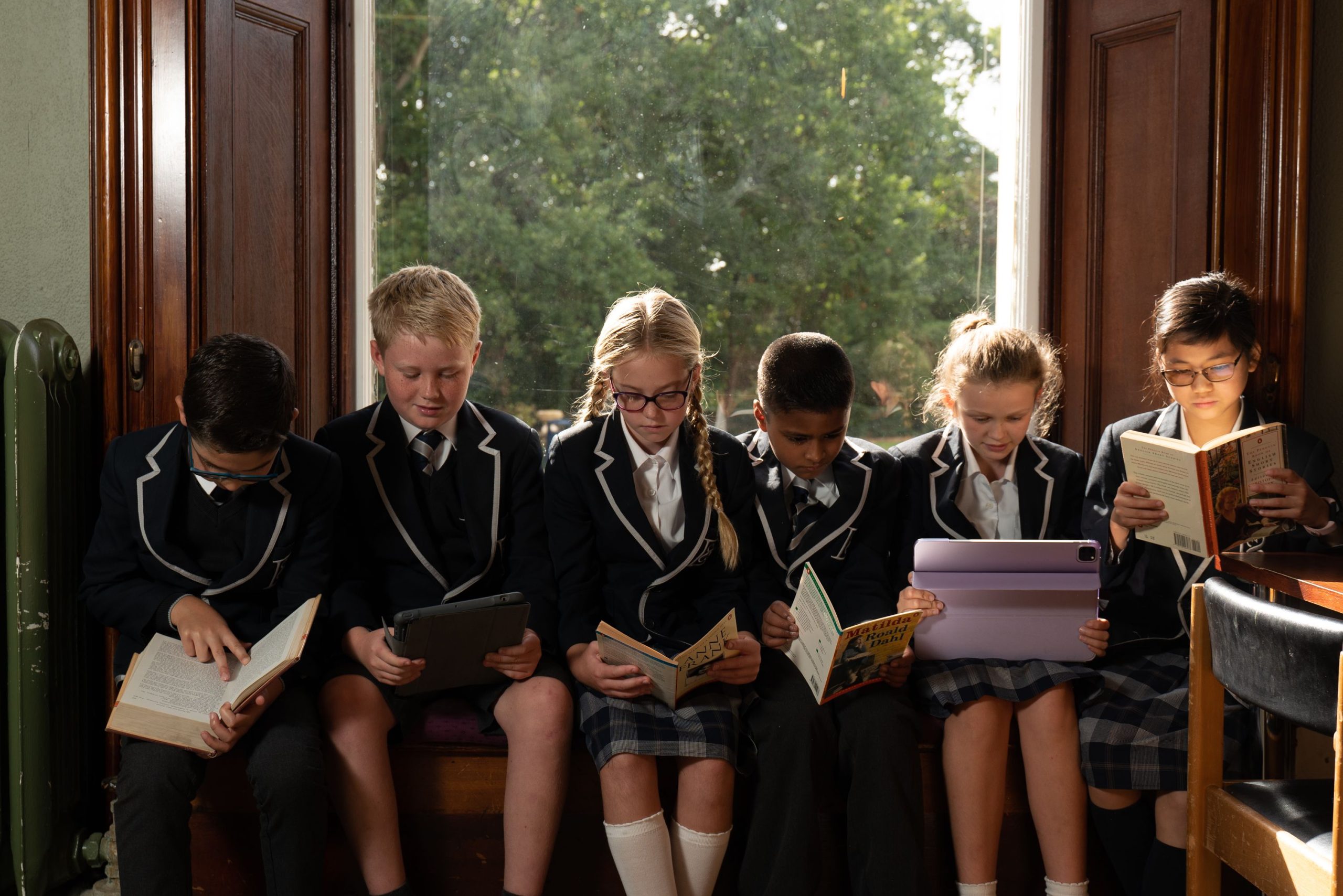Nine skills for the future
- Cognitive Flexibility
- Curiosity
- Data Literacy
- Digital Literacy
- Entrepreneurship
- Global Citizenship
- Emotional Intelligence
- Empathy
- Self-knowledge
Analytical skills – Crafting an agile learning mindset
Enterprise skills – The three predominant skills
Human skills – The importance of the emotional wrapper
Goleman, Daniel, (1995) Emotional Intelligence, Bloomsbury Publishing, London, UK

“My own tentative ventures into the realm of Generative Pre-Trained Transformers (GPTs) have been both inspiring and terrifying.”
Dominic Tomalin
Principal, CATS Cambridge
It’s undeniable – AI is everywhere. There’s no escaping its reach. My own tentative ventures into the realm of Generative Pre-Trained Transformers (GPTs) have been both inspiring and terrifying. GPT outputs may not be flawless, but they are generated quickly and have often provided a better starting point than a blank piece of paper. By asking the right questions, GPTs can generate compelling responses that could easily pass as human work or even surpass it. While there are countless mundane tasks I would gladly delegate to a GPT, the apparent automation of cognition raises unsettling questions about the role of individual intellect and, for that matter, the point of me: Are my carefully nurtured cognitive capacities and capabilities being rendered redundant?
Change is inevitable
Using machines is not a novel phenomenon. Historical industrial revolutions witnessed the displacement of human labour. In the 19th century, the Luddite movement resorted to breaking automated looms, threatening their livelihoods. Similarly, the advent of information technologies in the late 20th century rendered jobs like typists and filing clerks obsolete. As GPTs gradually automate our cognitive processes, we should expect a significant transformation in our way of life, work, and learning.
The World Economic Forum predicts technology will displace 85 million jobs by 2025, creating 97 million new roles.
This transition is merely two years away, but what proactive measures are being taken to prepare, train, educate, and ensure a smooth transition?
A lacklustre approach to designing a curriculum for tomorrow
Regrettably, the policy responses have been lacklustre. The emergence of accessible GPTs should have come as no surprise to education policymakers and regulators, yet their response has been disappointingly pedestrian. Where is the curriculum that reflects the current and future world? Where are the qualifications and assessment strategies that acknowledge technologies readily available to all? The resounding silence on these matters is disheartening.
There appears to be more concern for preserving the integrity of existing qualifications than for reforming them to meet the evolving landscape. Without reformed qualifications, we cannot truly reform the curriculum. Consequently, we find ourselves incorporating emerging technologies through supplementary activities while delivering an outdated and outmoded curriculum. This state of affairs is immensely frustrating.
The art of asking the right questions
The purpose of education is to integrate the tools of the day, catalysing, facilitating, and accelerating the acquisition and development of skills, attitudes, and behaviours required to thrive in the future. It falls upon all of us to ensure this happens. Furthermore, we must find ways to address the risks posed by these very tools to our ability to comprehend and think critically.
Throughout my career as a teacher, the concept of a skills-based curriculum has been discussed extensively, but progress has been limited. A glance at the specifications for GCSE and A Level examinations reveals a heavy emphasis on content. Meanwhile, our relationship with knowledge and information has undergone a revolutionary transformation.
The advent of open-access GPTs may finally compel the necessary changes in education. Among these changes, there is an urgent need to prioritise critical thinking, the art of asking better questions, and the ability to explore the next level of inquiry.
Most importantly, we must all be prepared to answer the inevitable question that AI will pose: “What would you like me to do next?” Our answers will likely revolve around seeking help to solve problems. Our role will be to comprehend the response, and I suspect AI will be capable of explaining it in ways even I can understand. However, we must also possess the discernment to evaluate proposals in the context of the ‘common good’. To do so, we must be able to answer the question, “What is the common good?” with confidence and clarity. This is more challenging than it might first appear, yet we must be able to answer this question, even though humanity is perhaps as divided as it has been for a generation. Whatever the answer, it will be this that guides the way that we use and live with AI.
And the point of me is…
This, then, is the point of me.
My job is to ask the right questions and enable my students and school community to do likewise.
It must not be left to those writing statistical algorithms, or for that matter, AI itself, to work out what’s for the common good. Only we humans can do that.
That is the point of me. Even with GPTs, I have much to do!
